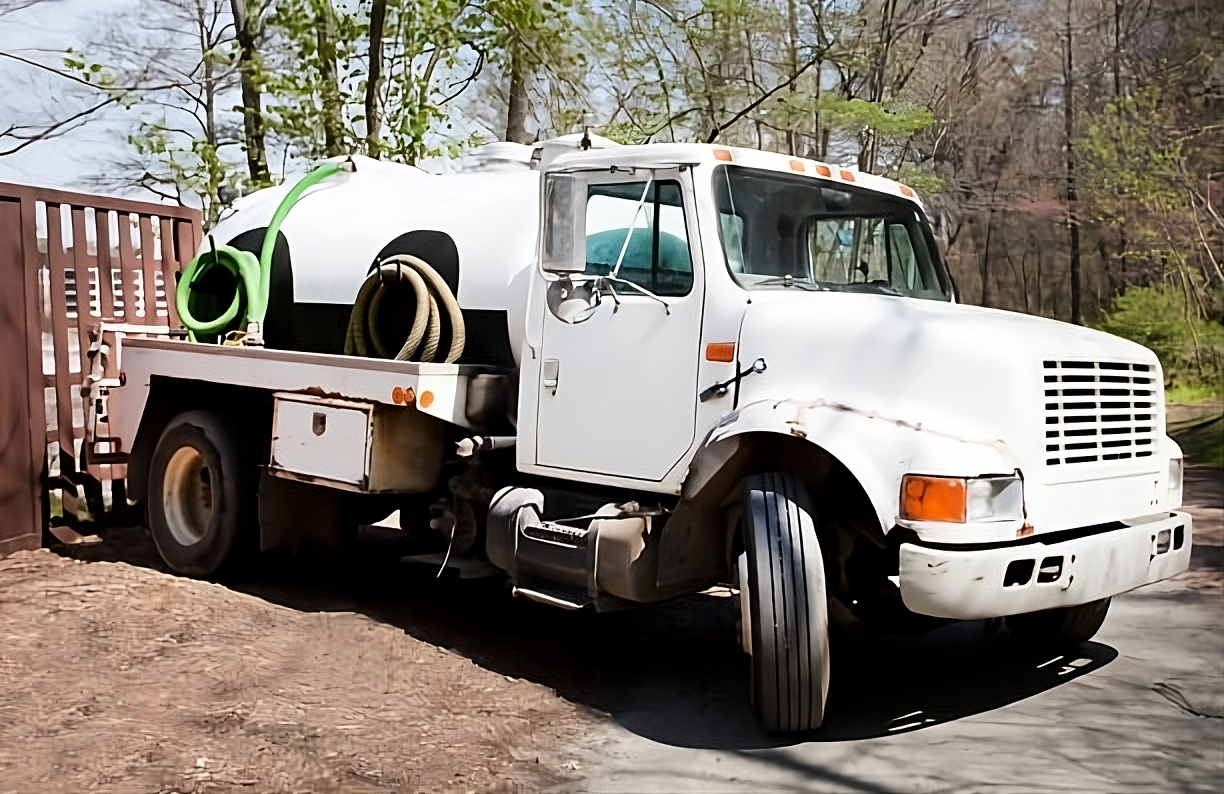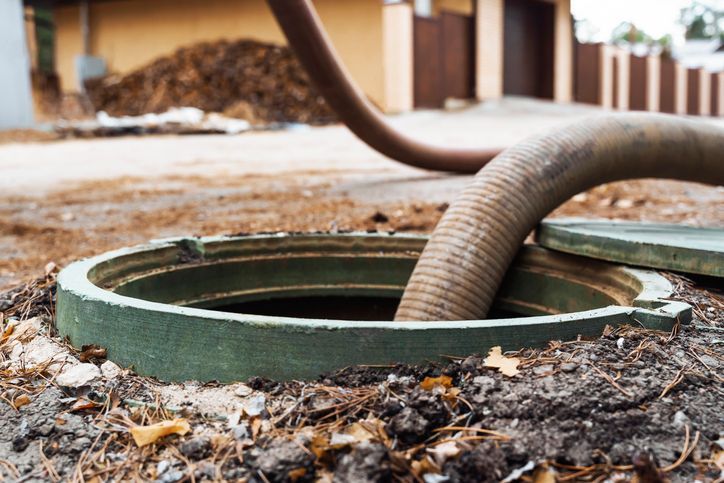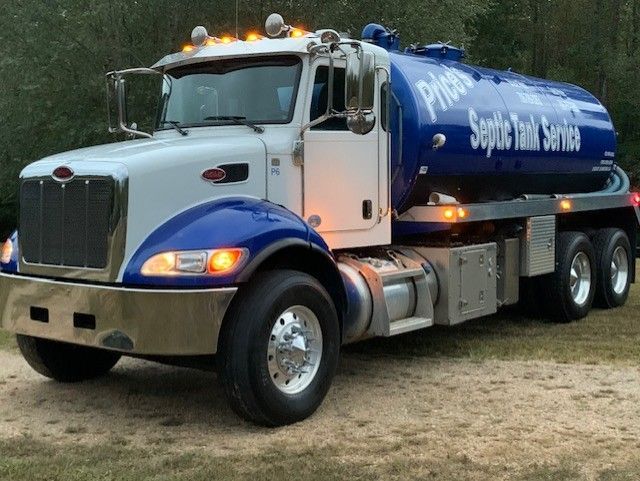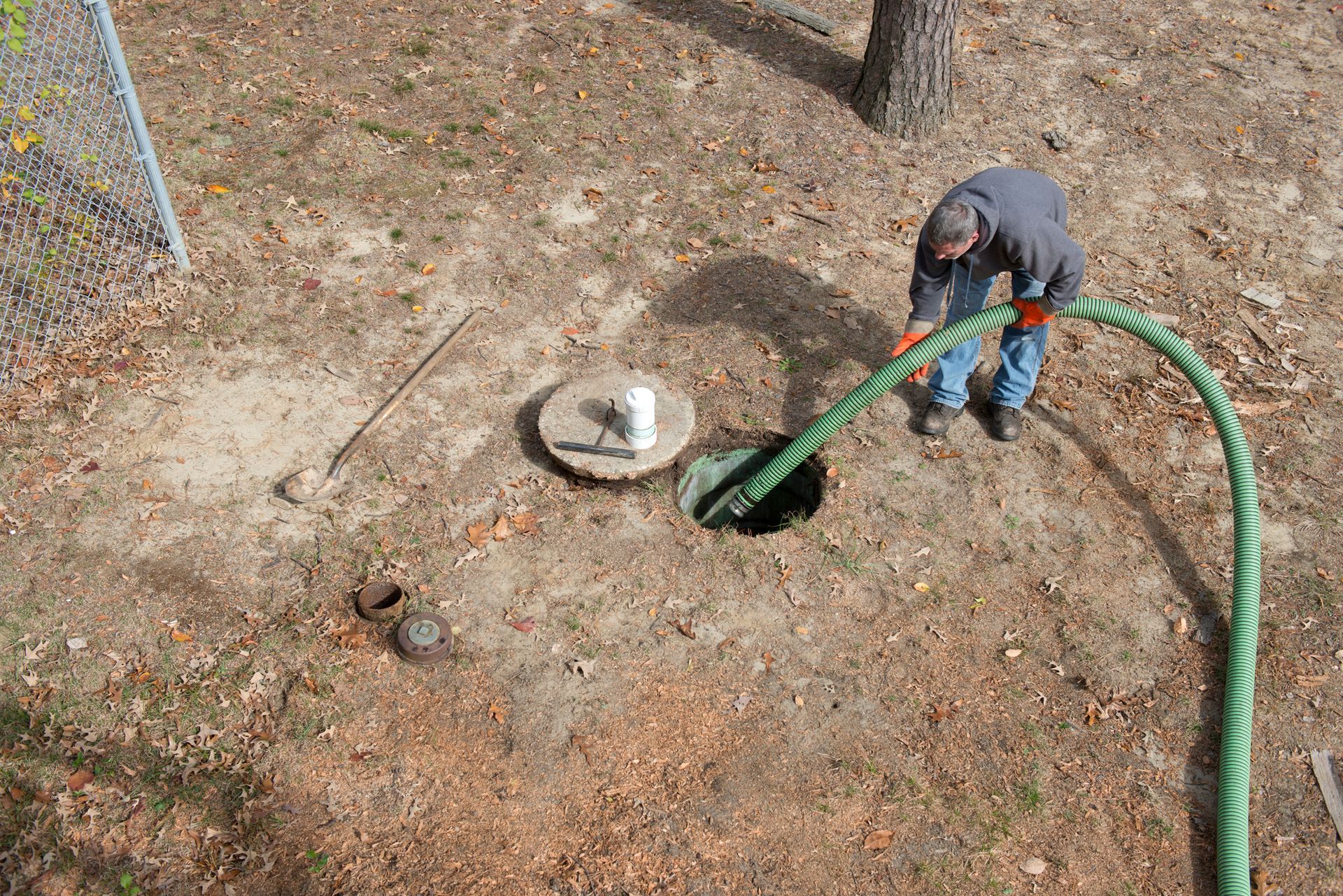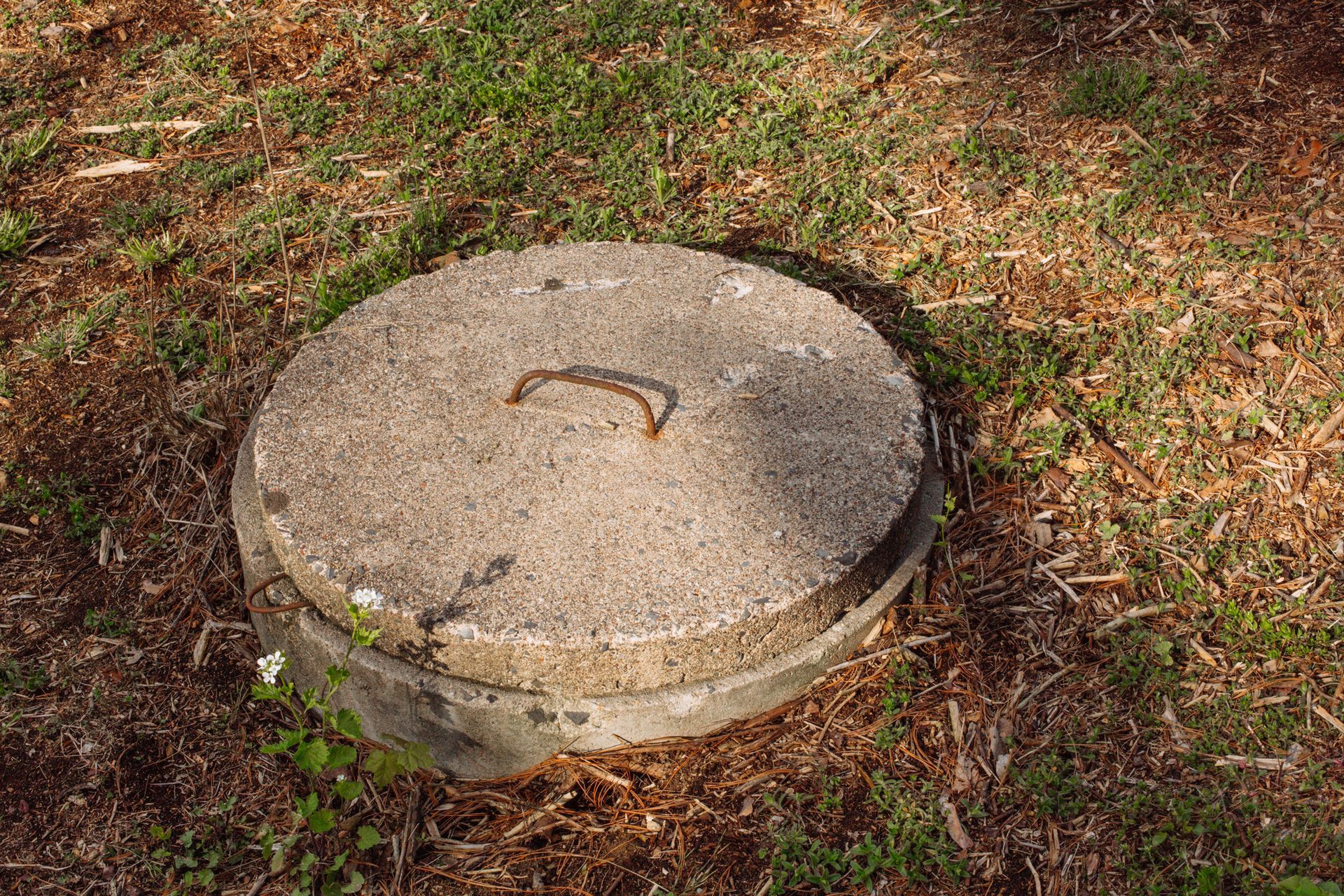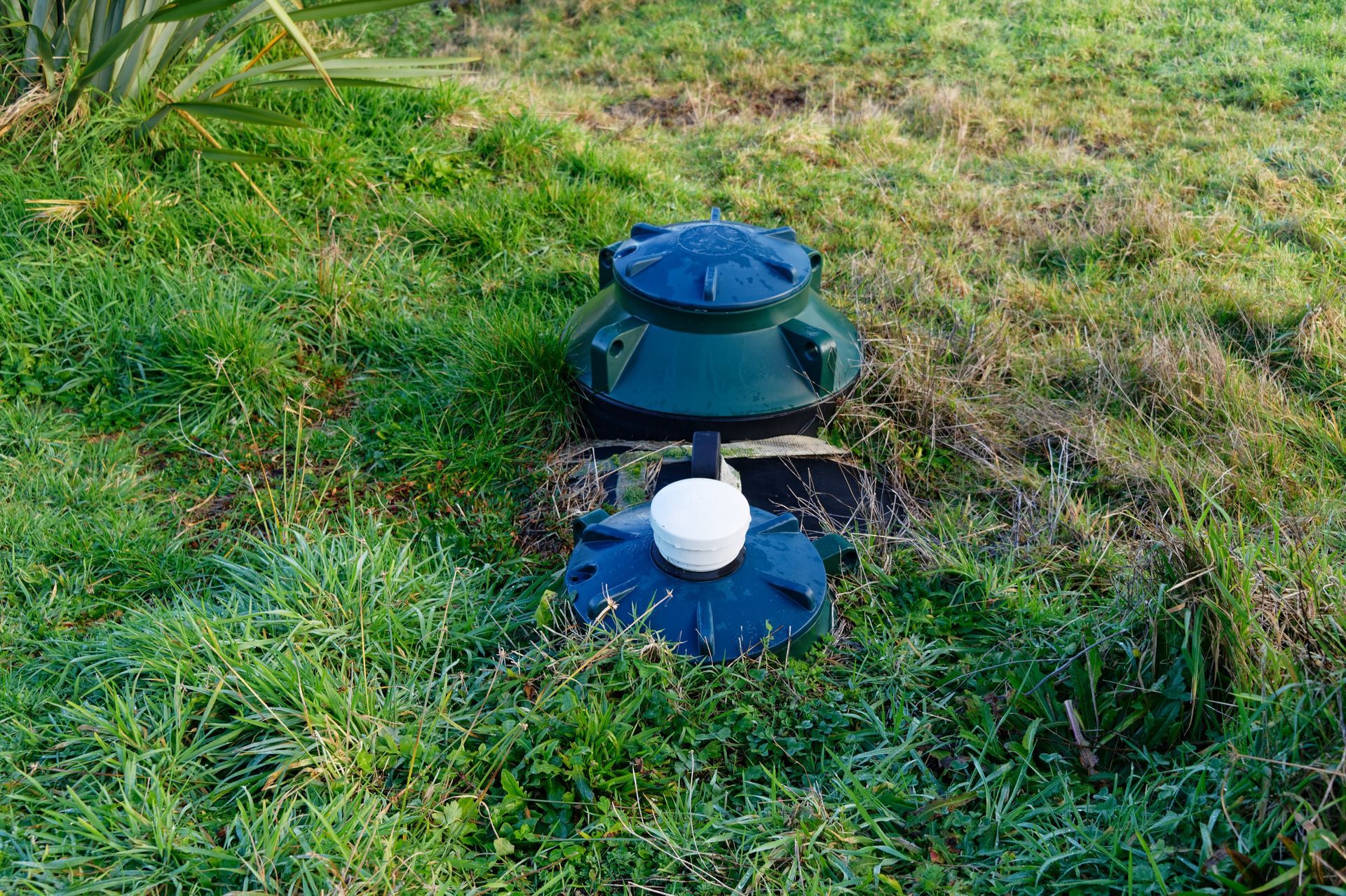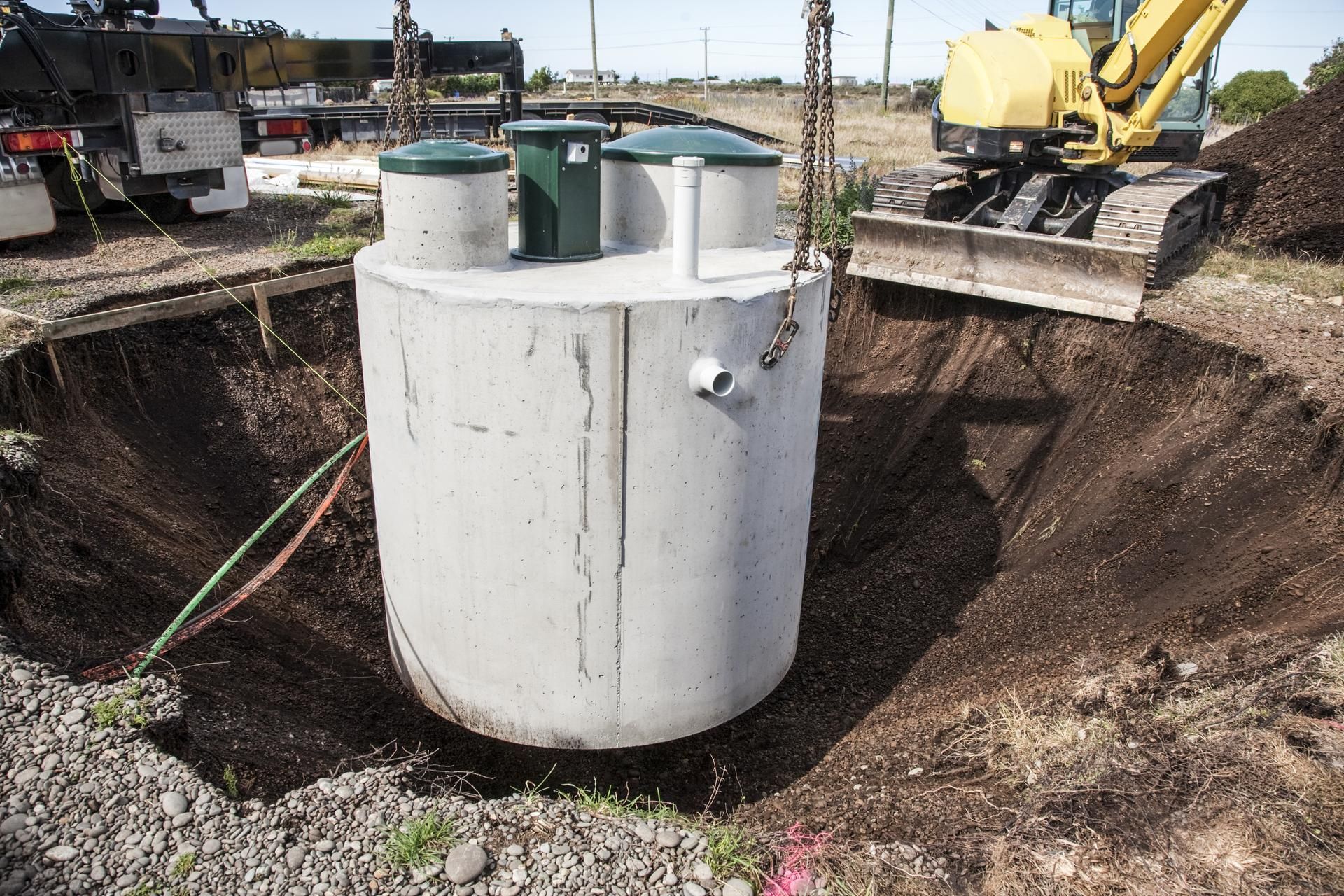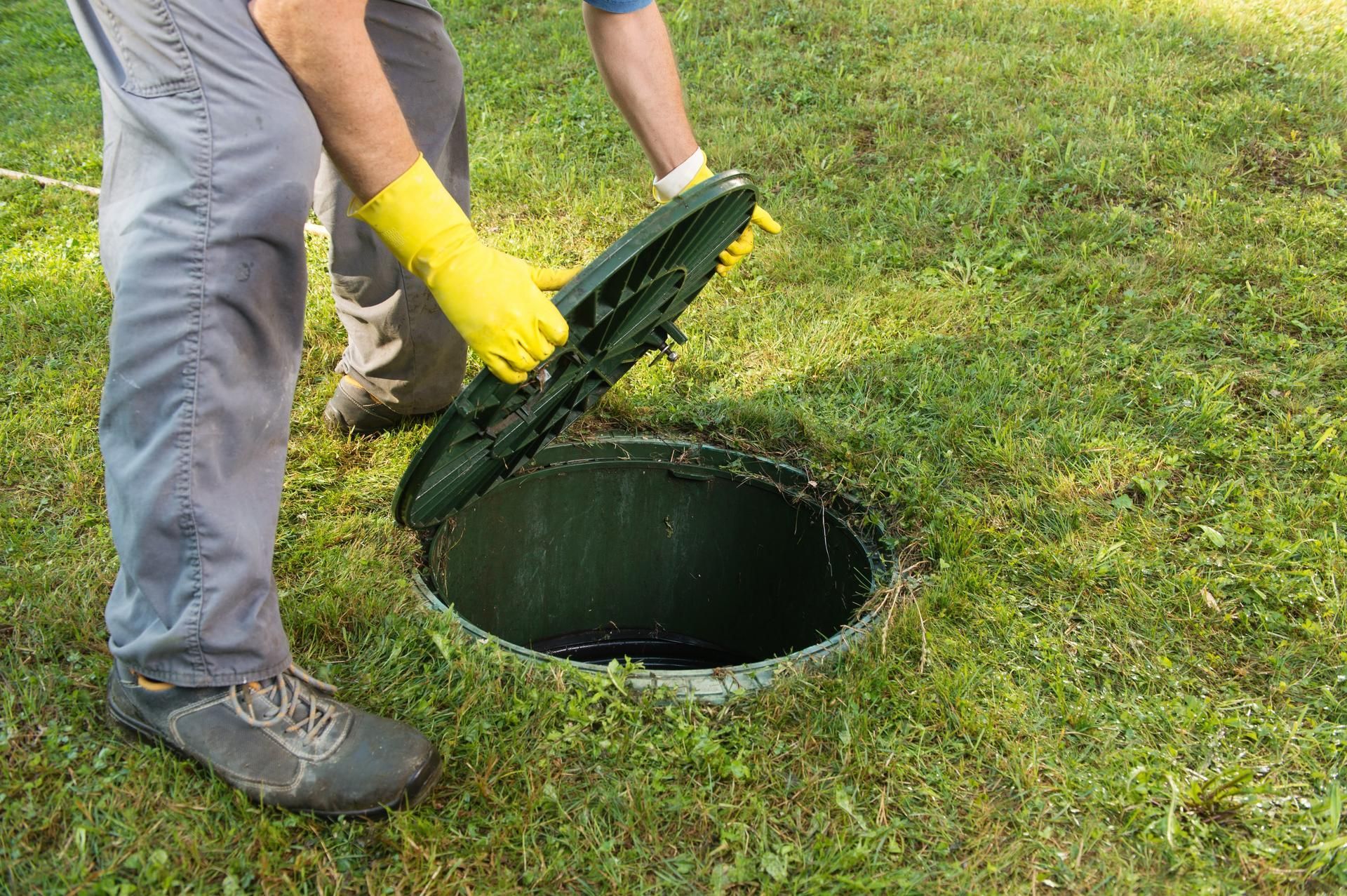Signs Your Septic System Needs More Frequent Pumping
A well-functioning septic system is vital for the cleanliness and efficiency of any property not connected to a municipal sewage system. Proper maintenance, including regular pumping, ensures its optimal operation and prevents potentially severe problems. However, several signs indicate a septic system may require more frequent attention than the standard recommendation of every few years. Awareness of these signals is crucial for property owners to avoid inconvenient, unhealthy, and costly issues.
Increased Usage
An uptick in water usage significantly impacts septic system functionality. Larger families or properties hosting frequent guests will naturally contribute to faster tank fill-ups. This increased flow of water and waste into the system can accelerate the need for pumping. Monitoring water usage and adjusting maintenance schedules accordingly can prevent overtaxing the system.
Slow Drains and Backups
One of the most glaring indicators that a septic system needs attention is the slow draining of sinks, showers, and toilets. If these issues are not resolved with standard plumbing solutions, it may signify that the septic tank is reaching its capacity. Similarly, water or sewage backing up into the household is a critical sign that the septic system requires immediate pumping to avoid further damage and contamination.
Odors
An unpleasant smell emanating from the drain field or septic tank area is a tell-tale sign of a system nearing or having exceeded its capacity. These odors, a mix of sewage and rotten egg smell due to the release of gases such as hydrogen sulfide, indicate that waste material is not being properly processed and contained. This symptom should prompt a quick response to address the tank's condition.
Soggy Lawn or Greener Grass
The area around the septic tank or drain field should be closely monitored. An unusually soggy lawn or patches of significantly greener grass near the septic system can signal a leak or overflow. This situation means the waste is improperly filtering into the ground, potentially contaminating the surrounding area and groundwater. It's a clear indication that the septic system requires more frequent pumping and possibly repair.
Well Water Contamination
Properties relying on well water should regularly test their water quality. Signs of nitrates, bacteria, and other contaminants can indicate a failing septic system allowing waste to seep into the water supply. Immediate pumping and system inspection are critical to ensuring the health and safety of property occupants.
High Nitrate Levels in Nearby Water Bodies
For properties near bodies of water, an increase in nitrate levels can be a sign that the septic system is not functioning correctly. Septic waste leaching into the groundwater can eventually reach these water bodies, posing environmental and health risks. This situation warrants a septic system assessment and likely more frequent servicing to mitigate further contamination.
Age and Capacity of the System
Lastly, the age and designed capacity of a septic system play significant roles in determining its pumping needs. Older systems or those not adequately sized for a property’s current usage may require more frequent maintenance. Keeping track of the system's age and monitoring its performance can help in planning appropriate pumping schedules.
Maintaining a septic system's efficiency involves vigilance and proactive measures. If your property is exhibiting any of these signs, contact us today to schedule an appointment for septic system pumping. We can help you ensure that you avoid unnecessary inconvenience, potential health risks, and costs associated with a failing septic system. By consulting with us, you can receive tailored advice and solutions to ensure the longevity and health of the system. Regular maintenance not only extends the life of a septic system but also protects the property value and the environment.
For more information about septic tank services, contact us.

